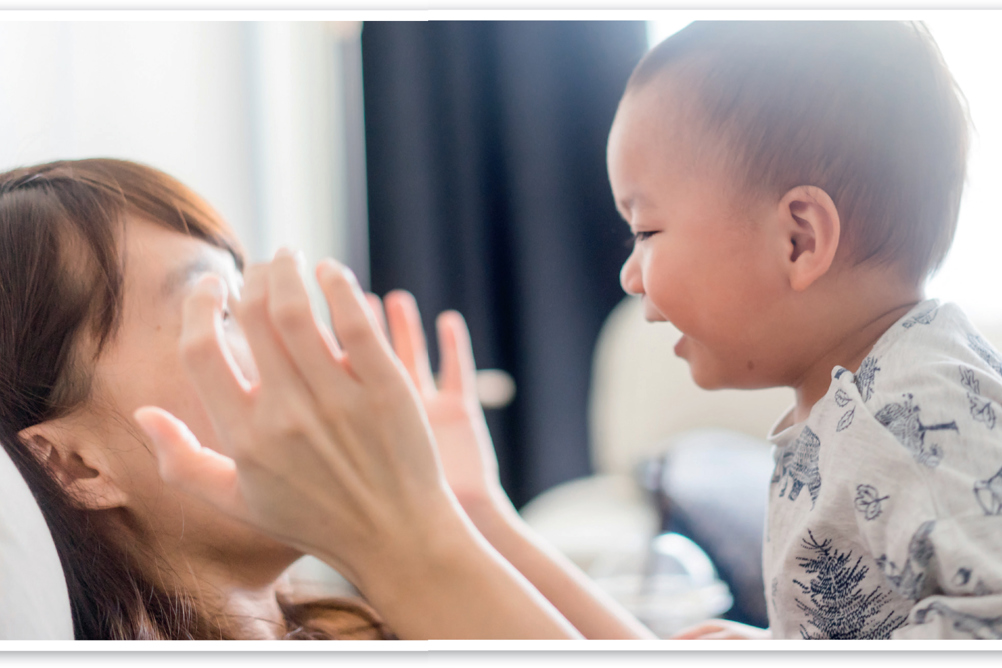
The world is vast and full of new information, but how do children pick and choose what to pay attention to? And how do they make sense of it all? At the very early stages, babies rely on social interactions and their physical environment to learn. Games like ‘peek-a-boo’ illustrate this perfectly: a well-loved game played for centuries, where a face is hidden and then, after a short while, reappears. In that brief moment of disappearance, numerous questions arise. Do they vanish forever?
A flicker of uncertainty crosses the baby's face until… ‘Boo!’… the face reappears with warm smiles and reassurance, reinforcing feelings of safety and playfulness. But this simple act is more than just a game; it symbolises trust, strengthening bonds and supporting healthy development. A simple act, yet a powerful interaction, where babies learn that even when something is out of sight, it is not gone forever.
Register now to continue reading
Thank you for visiting Nursery World and making use of our archive of more than 35,000 expert features, subject guides, case studies and policy updates. Why not register today and enjoy the following great benefits:
What's included
-
Free access to 4 subscriber-only articles per month
-
Unlimited access to news and opinion
-
Email newsletter providing activity ideas, best practice and breaking news
Already have an account? Sign in here









